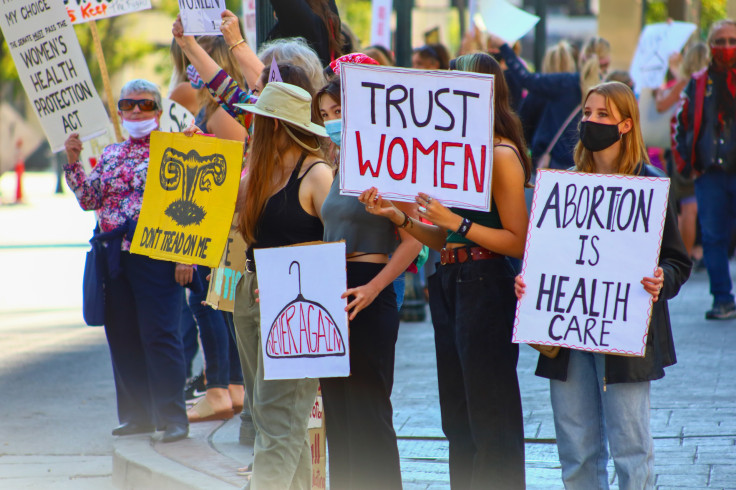
An initiative to uphold abortion rights in Florida passed the threshold necessary to put a referendum in the ballot in November, something that could potentially have electoral implications, as well as for reproductive rights all across the U.S: southeast.
Concretely, advocates needed 891,523 signatures to make it into the ballot. The figure has already surpassed 910,000. The amendment to the state constitution says: "No law shall prohibit, penalize, delay, or restrict abortion before viability or when necessary to protect the patient's health, as determined by the patient's healthcare provider."
Florida's Supreme Court now has until April to decide whether it approves the language for use on the ballot. It is scheduled to hear arguments on the case on February 7. State Attorney General, Republican Ashely Moody, has already filed a legal brief in November asking the amendment be killed, arguing that the use of the term "viability" is an attempt to "hoodwink" voters.
Miami-Dade mayor Daniella Levine Cava celebrated reaching the milestone, saying that "this is proof that Floridians across the state value freedom, healthcare and protecting our privacy rights from government intrusion." "Women, families and doctors deserve to be safe!," adds the message.
Great news! More than enough petitions have been collected to put abortion on the ballot in 2024. pic.twitter.com/oXBmlQ3mFu
— Daniella Levine Cava (@LevineCava) January 5, 2024
According to Axios, abortion rights have won every time they've been on the ballot since the overturning of Roe V. Wade last summer. The issue will likely be of great importance for Latinos in Florida, as a new study showed that Latinas have been disproportionately impacted by the Supreme Court ruling.
An analysis by the Institute of Labor Economics, showed that birth rates increased by an average of 2.3 percent in states that implemented abortion bans compared to the those that still have protections in place. Research showed that the impact of the Court's decision was "especially large for Hispanic women," with a birth rate increase of 4.7 percent.
Researchers explained that this demographic tends to face economic challenges, making its members more disadvantaged in terms of being able to travel to an abortion clinic in other states.
Abortions remain legal in most circumstances in 30 states and the District of Columbia following the overturning of Roe vs. Wade. Consequently, many people seeking abortions will travel to states where it is legal to get one, but not everyone will be able to afford it, the researchers explained.
Florida currently bans abortion after 15 weeks of pregnancy, but the state Supreme Court is deliberating over a case that could reduce that period to six weeks.
© 2025 Latin Times. All rights reserved. Do not reproduce without permission.





